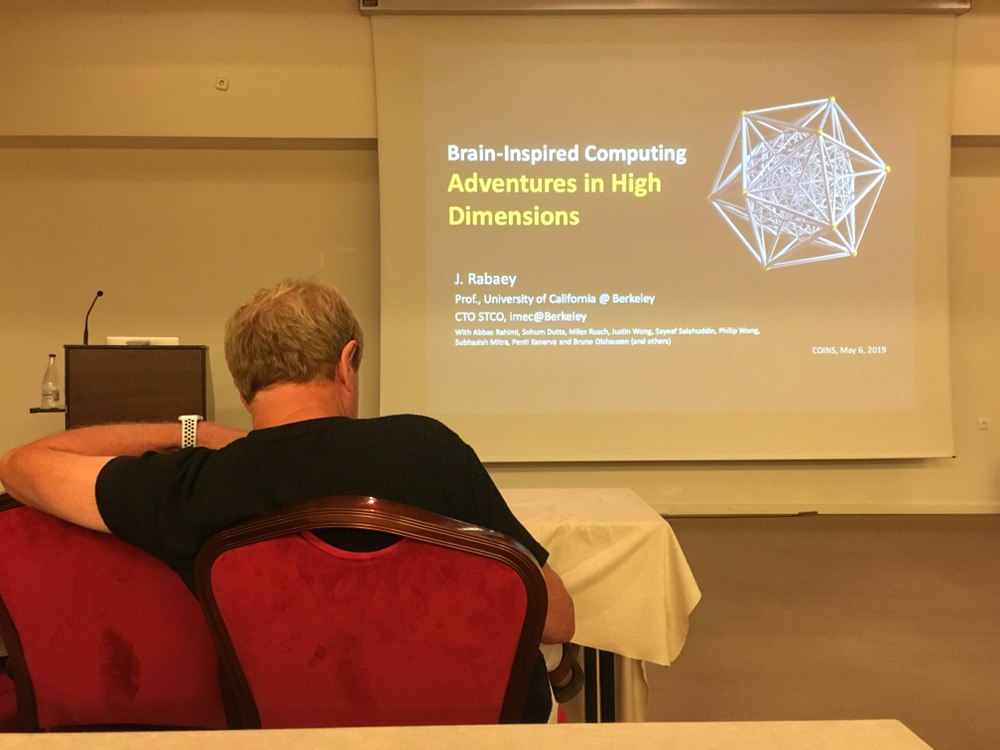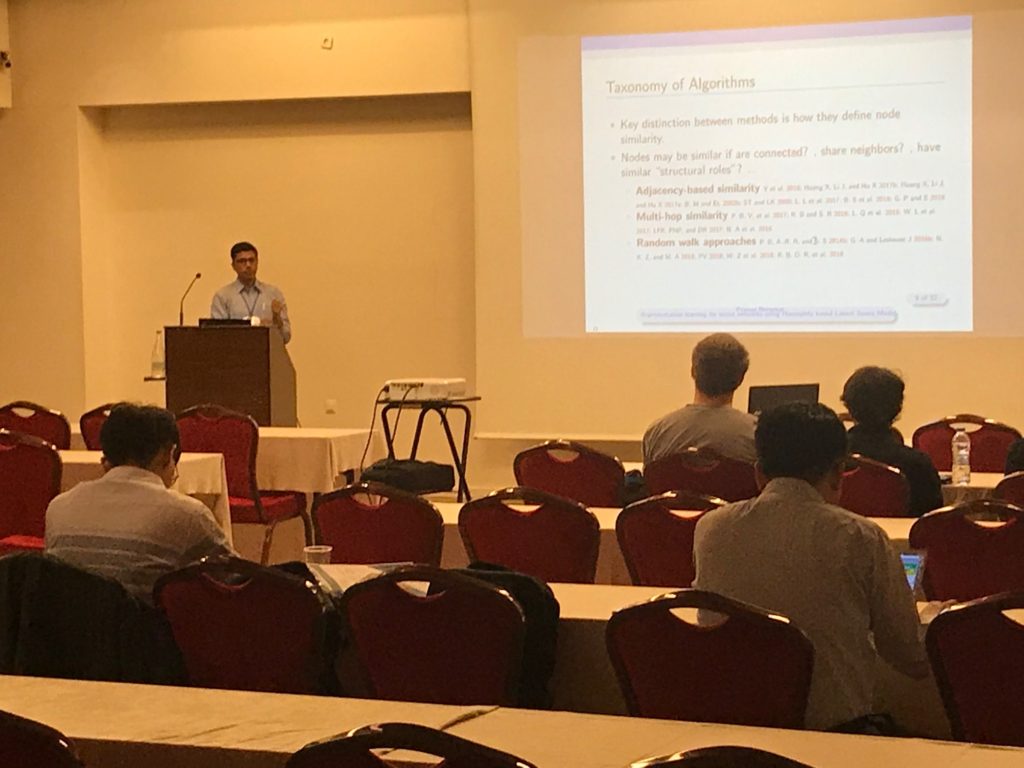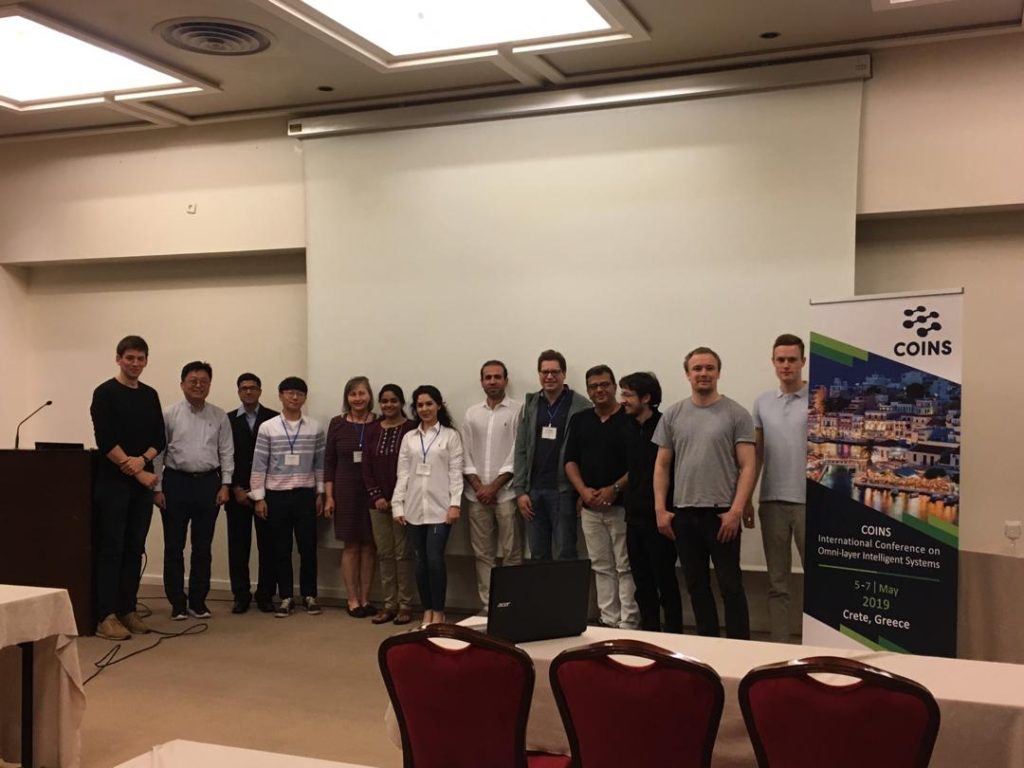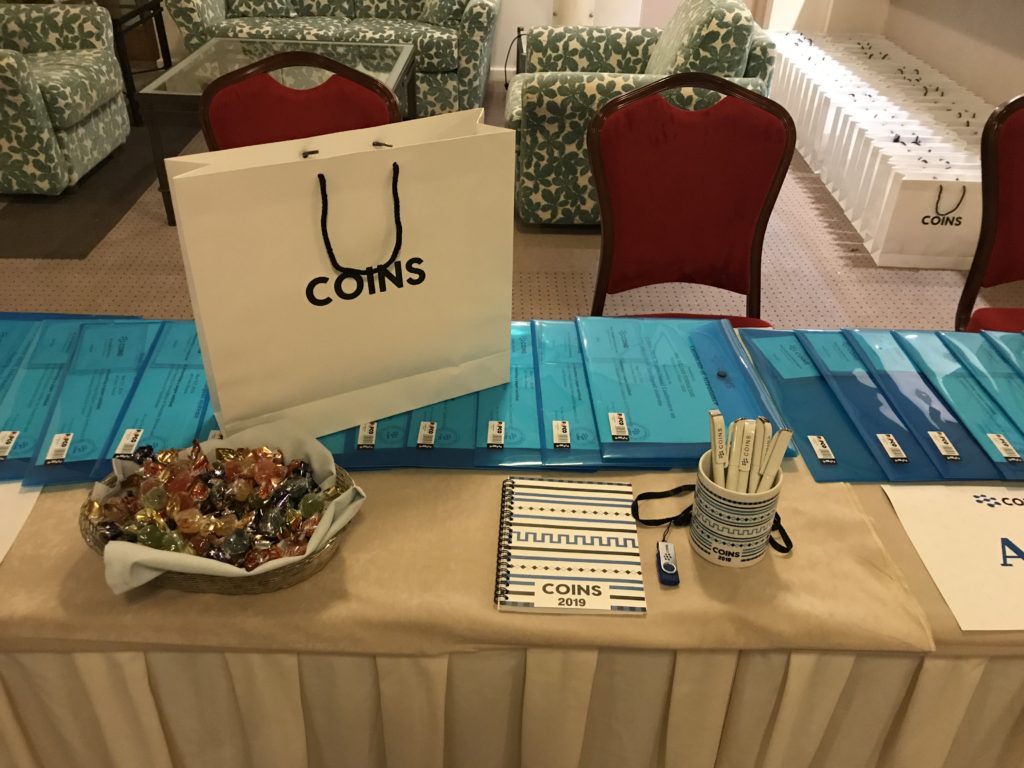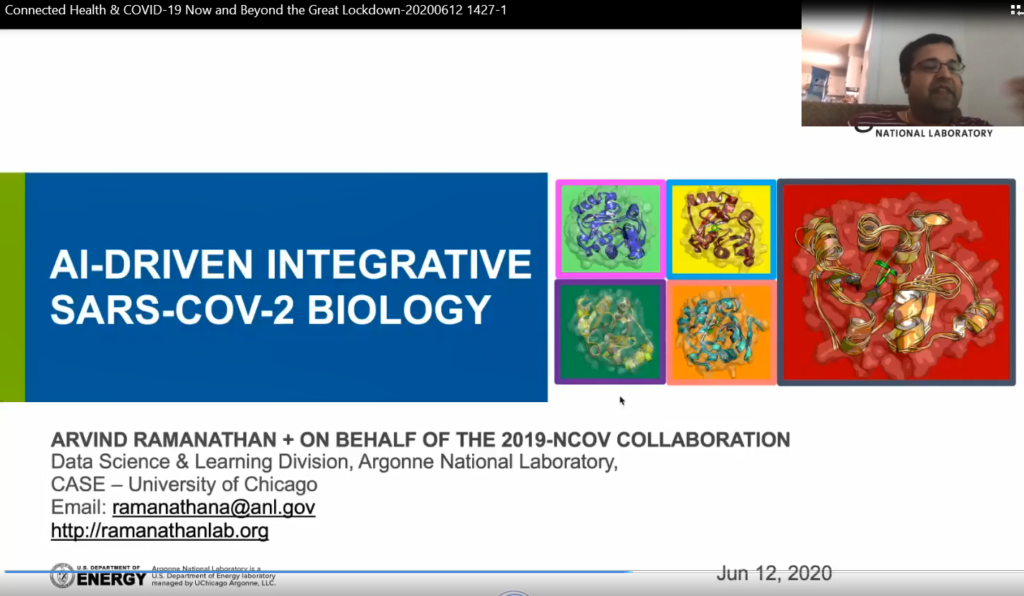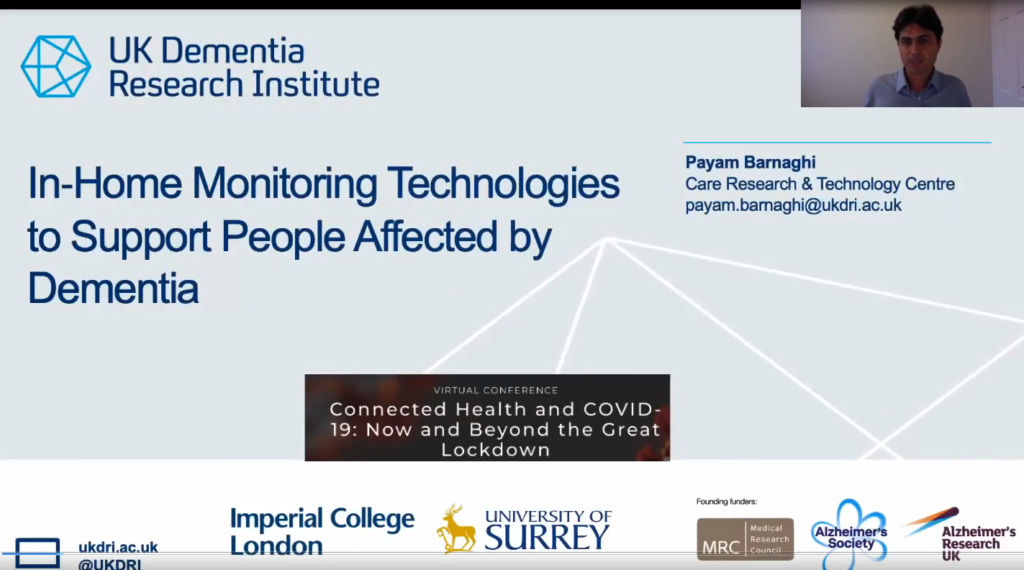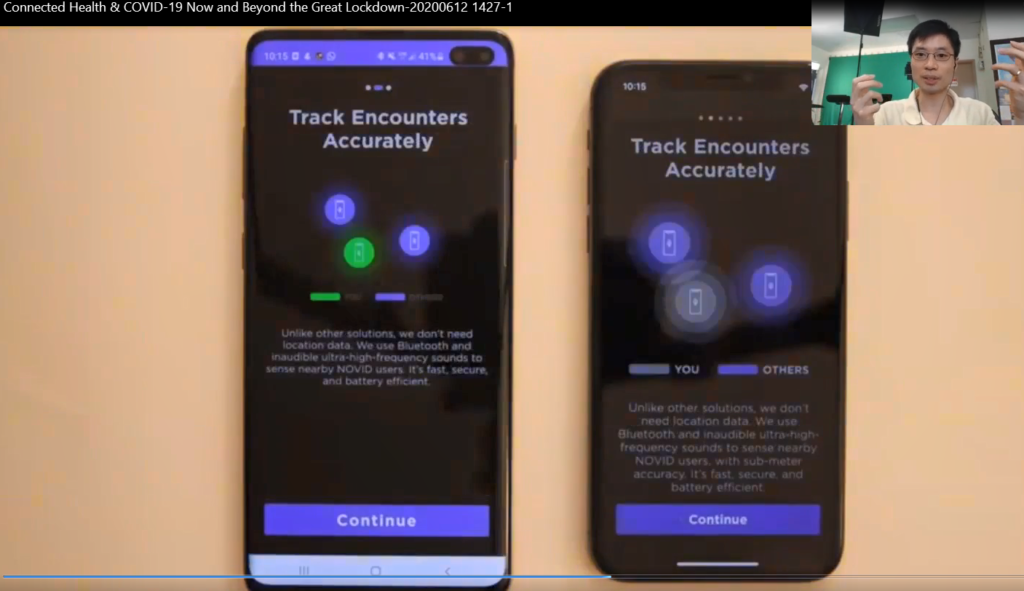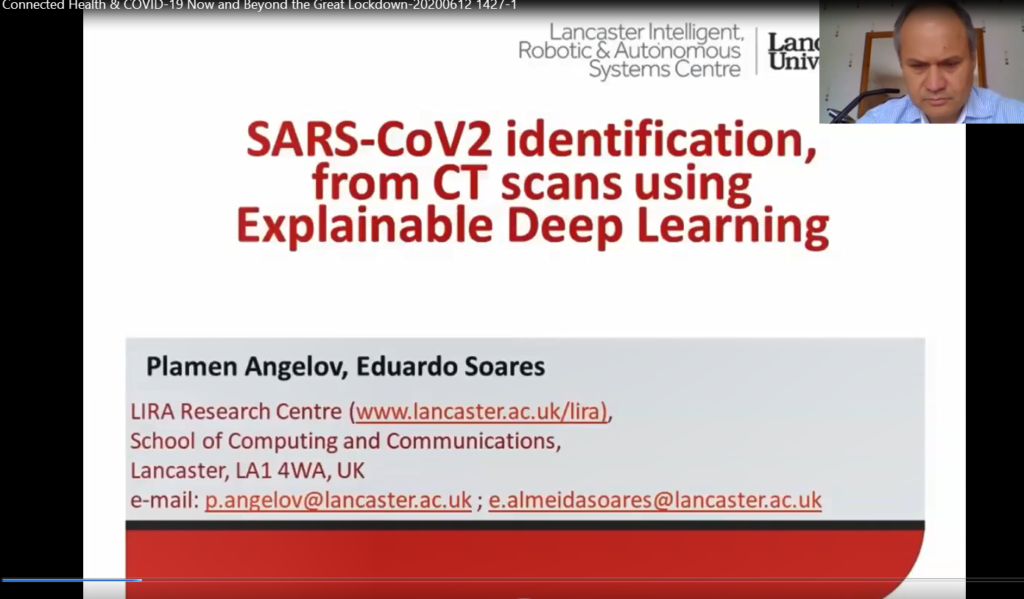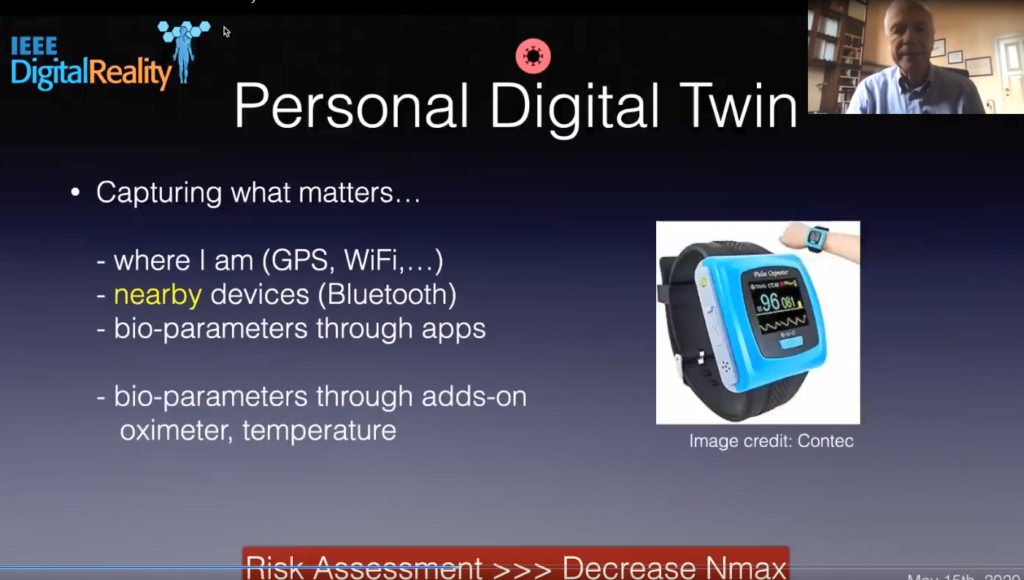
COINS
Vertical and Topical Area Tracks on IoT & AI | Supported by IEEE CEDA, IEEE RAS, IEEE CAS, IEEE ComSoc, and IEEE IoT
LEARN MOREPISI gGmbH (Pirouzan Private Institute of Science and Industry | Pirouzan Silicon Intelligence Center), as a non-profit organization, serves the international scientific community by promoting, developing, educating, and disseminating knowledge in the areas of science and technologies. The research efforts are geared entirely to people’s needs such as health, security, communication, energy, and the environment. To achieve these goals, PISI is committed to integrate and support many activities relevant to the international scientific community, including:
- Organizing international conferences, workshops, and events to disseminate and transfer knowledge to other researchers
- Promotion of the mobility of renowned researchers, specialists, and creators
- Providing grants to support the presence of many young researchers from all over the world, especially from regions facing economic difficulties
- Publication of proceedings, books, and journals in cooperation with distinguished international publishers
- Conducting, undertaking, and sponsoring research projects
- Collaboration with international associations

Internet of Things (IoT)
From Edge to Fog and Cloud

Artificial Intelligence
AI/ML/DL, Big Data Analytics, etc.

Circuit & Systems
IoT, AI/ML & Big Data Applications

Big Data
Data Engineering, Storage, Data Lakes, Analytics, etc.

Cloud Computing
Architecture, Virtualisation, Load balancing, Security and integrity, etc.

Network
Architecture, Protocols, Standards, 5G, WSN, etc.

Distributed Ledger Technologies (DLTs)
Architectures, Blockchain, Consensus Algorithm, IoT, etc.
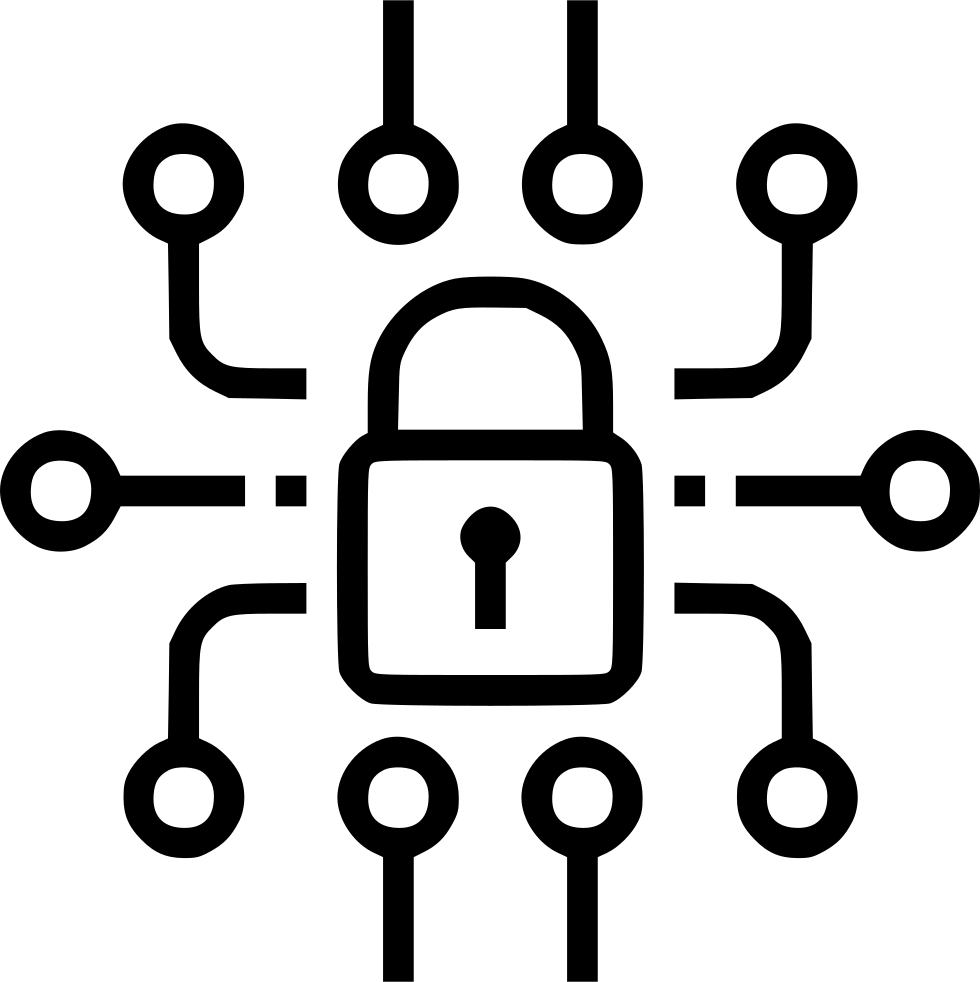
Security & Privacy
End-to-End Security, Privacy, Ethics, Regulations, standards, etc.
Vertical Industries
IoT-based Smart & Connected Healthcare
The interaction between technology and healthcare has a long history. However, recent years have witnessed the rapid growth and adoption of the Internet of Things (IoT) paradigm, the advent of miniature wearable biosensors, and research advances in Big Data techniques for effective manipulation of large, multiscale, multimodal, distributed and heterogeneous data sets. These advances have generated new opportunities for personalized precision eHealth and mHealth services. IoT heralds a paradigm shift in the healthcare horizon by providing many advantages, including availability and accessibility, ability to personalize and tailor content, and cost-effective delivery.
The goal of the Smart and Connected Health (SCH) working group is Connecting Data, People, and Systems program to accelerate the development and integration of innovative computer and information science and engineering approaches to support the transformation of health and medicine.
Industrial IoT & Industry 4.0
The Industrial Internet of Things (IIoT) tsunami is affecting every aspect of the Smart Industry at large, by empowering the transformation of industry and business to a digital, interconnected, flexible, multifaceted, and intelligent industry with significant long-term impact on the economy, society, environment, and citizens. Our key topics in this working group are intelligent value creation, digital transformation in the context of Industry 4.0, energy storage, frugal production systems, artificial intelligence in automation, lightweight construction, and resource efficiency. We place the global theoretical and/implementation techniques in a proper perspective, comprehensively address all important aspects of AI-driven Industry 4.0, presents opportunities, applications, solutions, and reference architectures as well as investigate main challenges for more cutting-edge research in this fast-growing field.
Smart City
Smart City is the product of accelerated development of the new generation information technology and knowledge-based economy, based on the network combination of the Internet, telecommunications network, broadcast network, wireless broadband network, and other sensors networks where the Internet of Things technology (IoT) as its core. The main features of a smart city include a high degree of information technology integration and a comprehensive application of information resources. The essential components of urban development for a smart city should include smart technology, smart industry, smart services, smart management, and smart life.
The motivation of this working group is to bring together scholars, professors, researchers, engineers, and administrators resorting to state-of-the-art technologies and ideas to significantly improve the field of Smart City based on AI-driven IoT.


